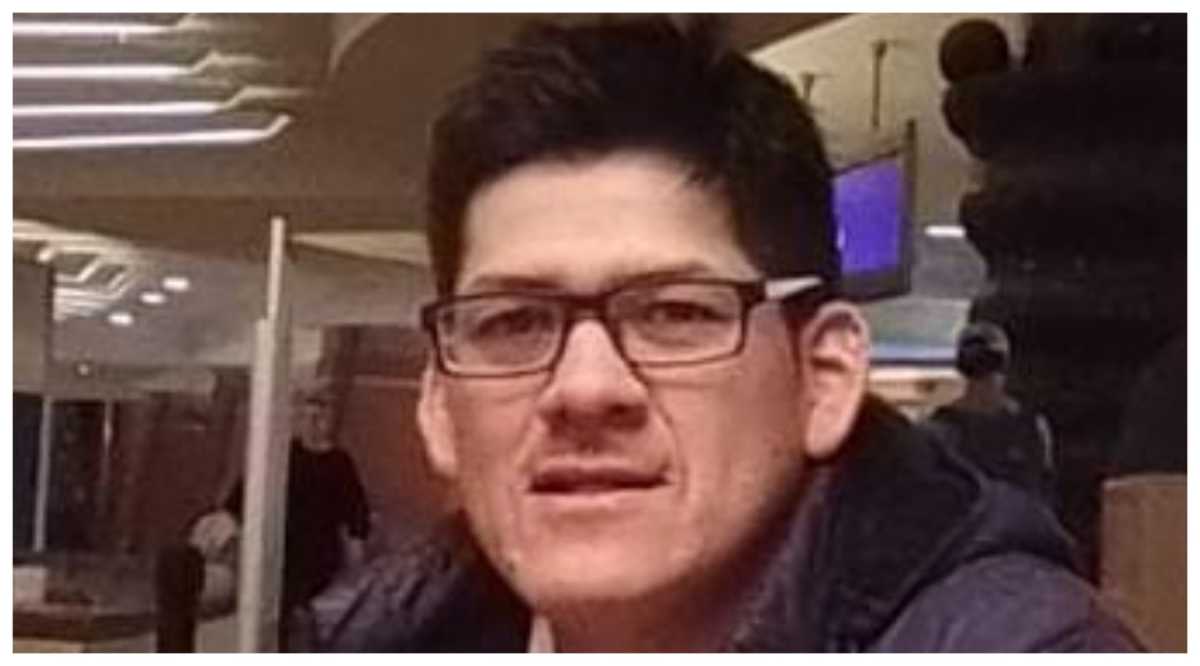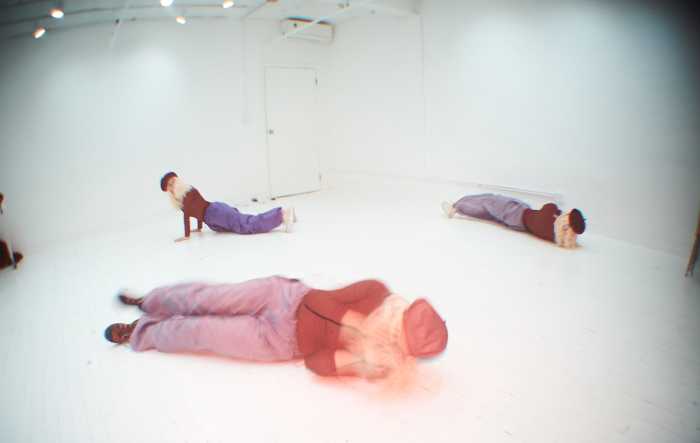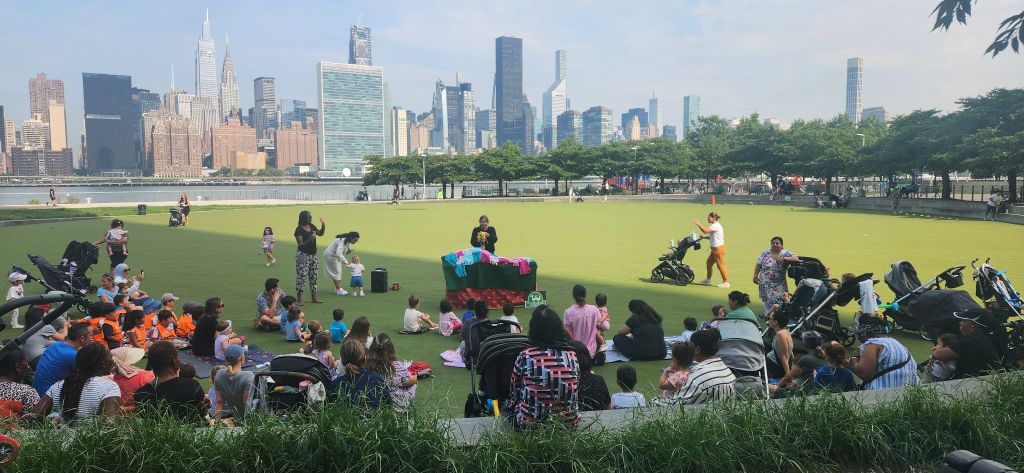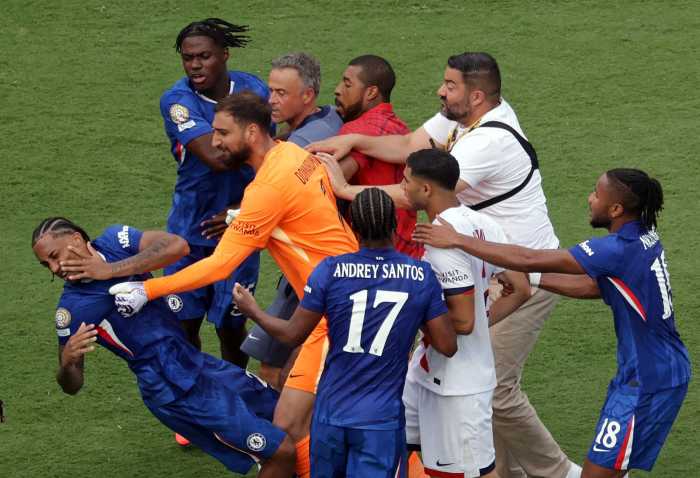By Alexander Dworkowitz
A federal judge last week dismissed a lawsuit seeking to force the city to build a memorial on a 19th century black and native-American burial ground in Flushing that is now used as a park.
U.S. Eastern District Judge Leo Glasser in Brooklyn granted the city’s motion to end the case involving Martins Field in an April 9 ruling in which he argued the statue of limitations in the case had run out.
“Even the most generous reading of the complaint leads inexorably to the conclusion that the three-year statute of limitations expired some time in 1938,” Glasser wrote. “In this case, the attempt to characterize the alleged wrong of destroying the cemetery as a daily failure is unpersuasive: As of 1935, there was no cemetery to maintain.”
The suit was filed in October by Bayside civic activist Mandingo Tshaka and his relatives Ralph, Nadene and Grace Bunn of Long Island. The four have ancestors buried in Martins Field, according to their suit.
Glasser’s logic angered Tshaka, who said the relatives of those buried at the site could not have filed suit in the 1930s.
“At that time, the Africans and native Americans had no voice in the society, so who the hell could they go to?” he asked.
In the 19th century, Martins Field, just north of the Flushing Cemetery at 46th Avenue and 164th Street, was used as a burial ground for blacks and American Indians living in what is now northeast Queens.
But in 1935, the city took over the land, removed headstones and changed it into a park, which now is home to the playground, Glasser wrote in his decision.
The field’s history was slowly forgotten. But in the 1990s, archeologist Linda Stone looked into the background of the field. After doing a study of the land, she determined that the remains of as many as 1,000 people were still at the site. The majority of those buried were black or American Indian, she found.
As the history re-emerged, many in the borough’s black community were outraged that the site was still being used as a park. Former Flushing Councilwoman Julia Harrison appropriated funds to change the use of the site, but the money was not sufficient, and the field has remained a park.
Many of the neighboring residents, however, did not want to see the park turned into a memorial or a cemetery.
In an attempt to push the city into building a memorial on the field, Tshaka and the Bunns took the city to court.
The four each sought $1 million in personal damages and asked Glasser to fine the city $1 million a day until a memorial was put in place.
Their attorney, Paul Kerson, argued that so long as the field remained a park, it continued to harm the plaintiffs and therefore the statute of limitations had not run out.
Warren Shaw, the city’s attorney in the case, applauded the decision.
“The city has been using the land as a park for over 65 years,” he said in a statement. “The court agreed that in doing so, we did not violate the plaintiff’s civil or constitutional rights. We have previously made known to the plaintiffs that it is our hope to erect an appropriate memorial on the site when it is possible to do so.”
Compared with his client, Kerson was relatively upbeat. Kerson, a friend of Tshaka who accepted the case on a pro bono basis, said the suit brought Martins Field to center stage, encouraging negotiations between the Parks Department and Councilman John Liu (D-Flushing), whose district encompasses the field.
“Sometimes in law you win when you lose, and you lose when you win,” he said.
Liu, however, said the suit did not help his ongoing negotiations with the Parks Department.
“I’ve been working on [a plan for Martins Field] for maybe seven months now,” he said. “It had nothing to do with the suit.”
Liu said he expected to come up with a proposal for the field in about five or six weeks but could not discuss details of the proposal because of negotiations with the Parks Department.
In the meantime, Tshaka remained upset.
“I don’t give a damn that we never got a penny,” Tshaka said. “It’s about respect. Everybody’s life is about remembering and respecting. I don’t care who it is.”
Reach reporter Alexander Dworkowitz by e-mail at Timesledger@aol.com or call 718-229-0300 Ext. 141.


































